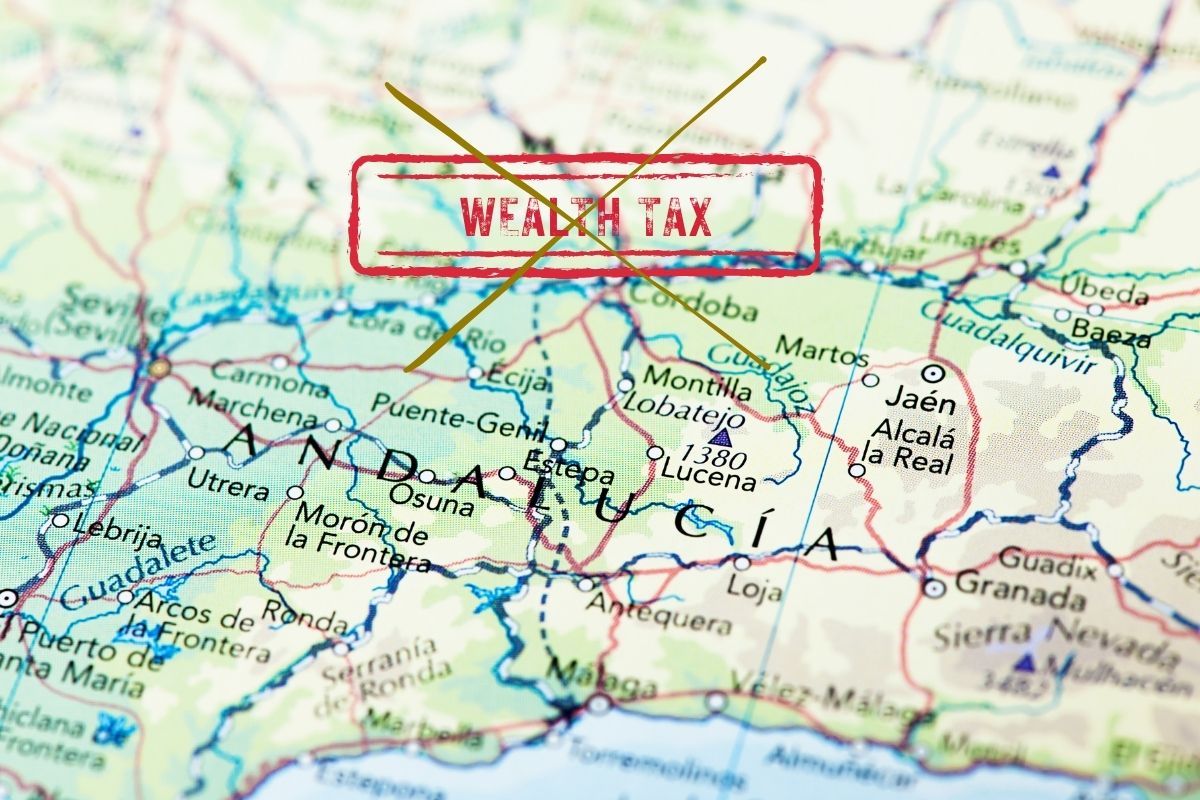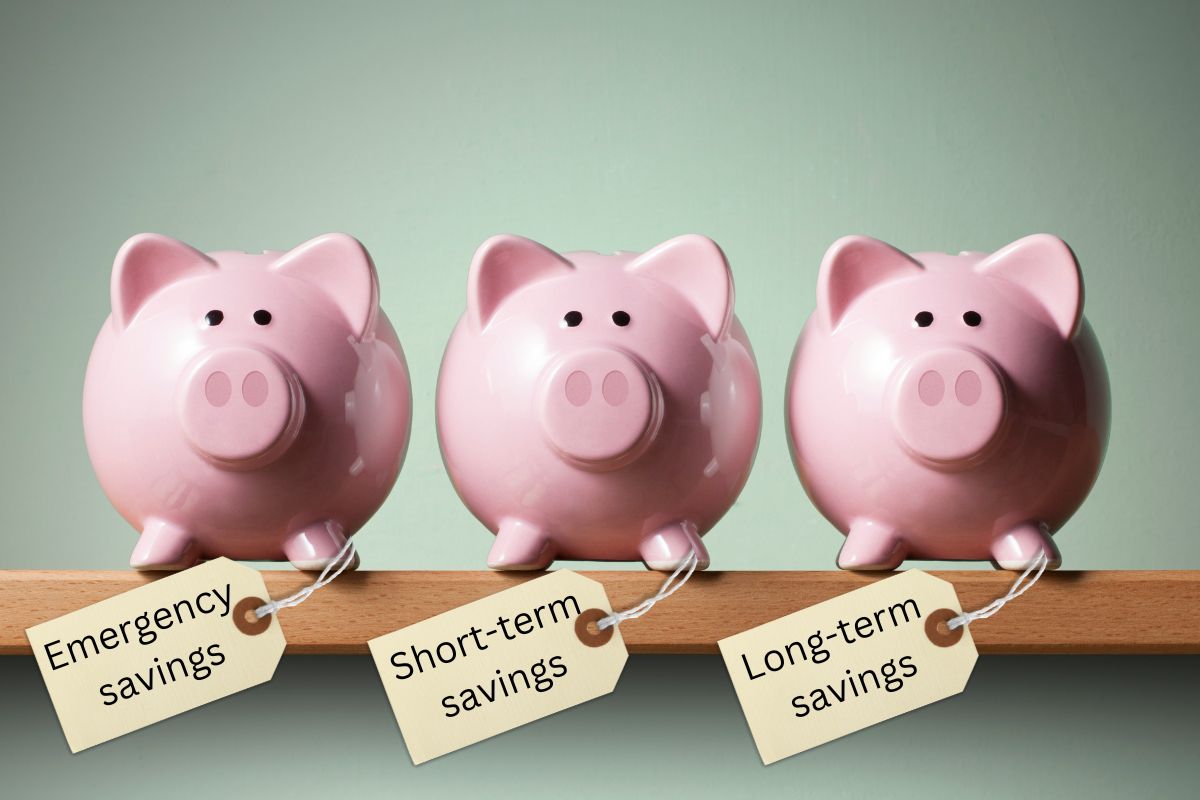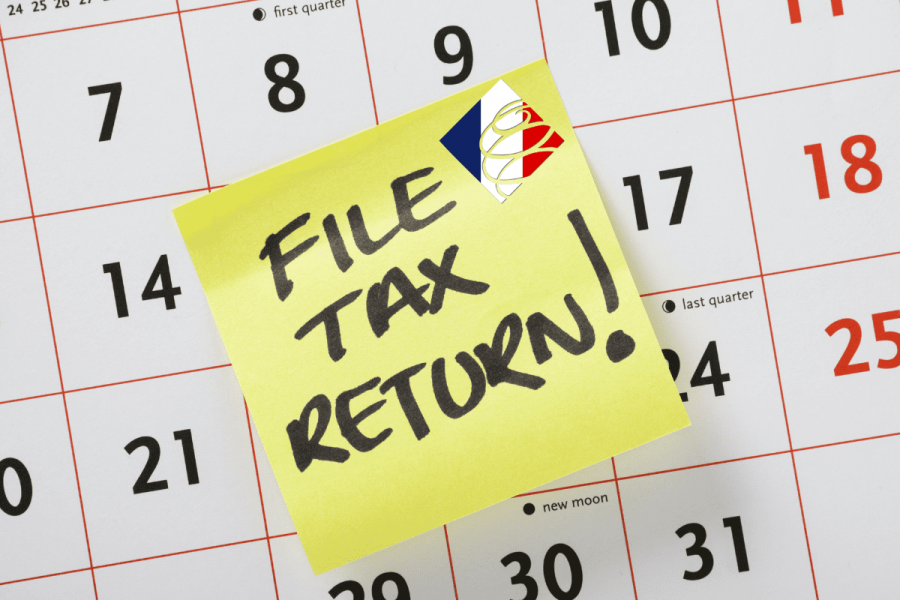It’s an amazing sight and one that I feel grateful for. It also reminded me that whilst the investment markets are still recovering slowly and tentatively from last year’s sell off due to the Ukraine/Russia war, they are cyclical by nature and whilst, as humans, we will always tend to run from one crisis to another, there will inevitably be times of abundance and plenty.
My experience of olive trees through my clients
You may have olives’ trees that you tend to in your garden or land, in Italy. I know that many of my clients do, and take great satisfaction in looking after them year in year out to harvest the precious oil that comes from them but, listening to the tales over the years, I can make many comparisons with investment markets.
The ‘Ulivo’ goes through the seasons of the years but never appears to bear fruit in a linear way. In fact, many of you tell me that some years the ‘Ulivo’ may not produce any fruit, other years it is plagued by the ‘moscerino’ (little fly), other years there isn’t enough frost or too little frost and some years you get a double harvest. In other years your friend with the neighbouring field, facing a different direction, has a bountiful year, whilst you have none. None of it seems to make any sense. All variable factors under which you have no control but you accept as part of your nurture for the ‘Ulivo’.
It seems that like every living breathing organism, the ‘Ulivo’ will provide what is needed, but not necessarily in the way you would always want it to. A defined amount of litres of oil each year, just enough to feed my family and friends would be fine. No such luck!
It is easy to forget that the component parts of investment markets are in fact living breathing human beings. Every company, government or supranational is run by people who are subject to folly, excess, corruption, huge advances forward, amazing decisions which benefit everyone, building and growing enterprises and generally trying to find a healthy balance.
Just like the ‘Ulivo’ the investment markets go through their cycles of life according to many variable factors of which we have no control. Flowers blooming (markets rising), leaves falling (market falls), harsh winds (the volatility), buds sprouting (opportunities presenting themselves) and then the cycle repeats itself. Your portfolio goes through its own cycles of life.
I have seen in the past that people new to Italy, and the ‘Ulivo’, have talked of uprooting an old tree (with those amazing architecturally contorted trunks) because it’s old and no longer bears fruit, only to be told by someone with more experience that it just needs to be trimmed in the right way, at the right time of year and creating that hollow space in the middle of the tree so the light can shine through (the equivalent of a review of your portfolio) only for the tree to once again bear fruit when the conditions are favourable for it to do so. This is not to say that dead or dying plants should not be replaced. If they have served their purpose and need to be replaced with a younger healthier variant then so be it.
There are so many similarities between our investment portfolios. The timescales and the variables may differ (wars or winter / inflation or summer) but the ebb and flow, the rises and falls and the seasonal changes are ever present.
The coming years may be lean years, or could provide us with way more then we could ever want or need. Ours is not to know, nor have any control over the variables, but only to do the best we can to make sure that we look after what we have.
If you find it difficult to stick with your investment strategies and would like to get busy trying to chase market returns (I include myself in this group, but am trained enough to know that it doesn’t generate higher returns), the research shows that it has no better effect than generating higher transaction costs and other fees associated with switching investments frequently. The only thing you can be assured of is lower investment returns as a result.
Patience is key! Live the seasons and wait
for abundance to once again raise its bountiful head.




































